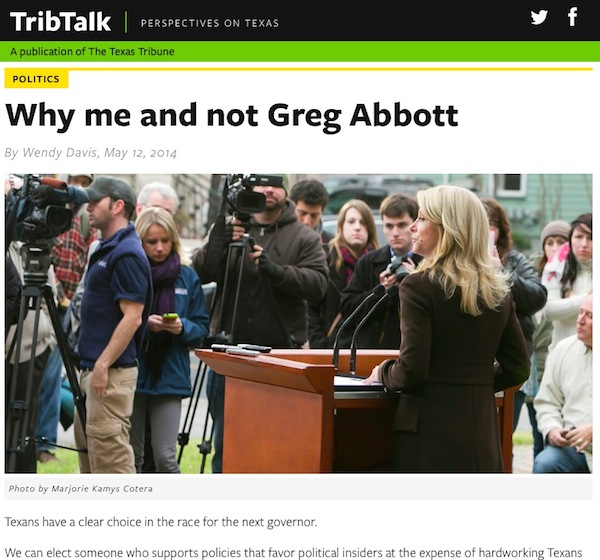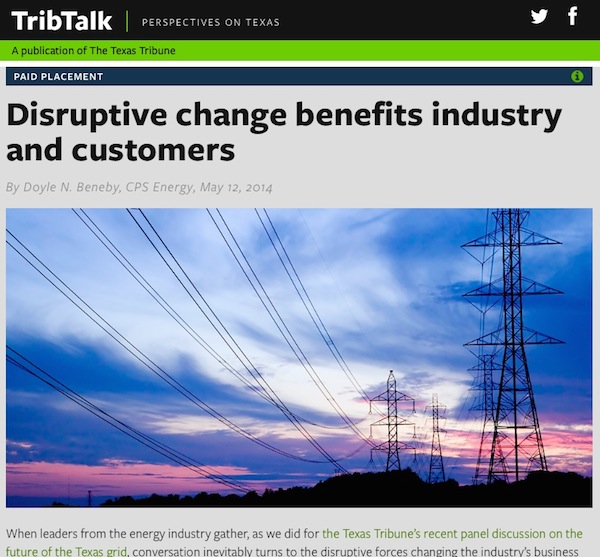Nieman Journalism Lab |
| Is your news site too slow? Probably, though The Guardian’s trying to speed theirs up Posted: 13 May 2014 11:30 AM PDT Web publishers face a quandary in 2014: User expectations for how quickly a website will load are getting faster and faster. But web pages keep getting fatter and fatter, adding custom fonts, bigger art, more video, and more complex JavaScript into the mix. Our 3G reality often falls short of our broadband dreams.
A couple of the main ideas: The order in which a page’s assets load is critical to user perception. Load the most important parts (for a news article, the headline and text) first and load everything else (related stories, ads, comments, bottom nav, etc.) later. Let your user get started with the task she wants to complete right away. (He even suggests inlining CSS in some cases, long considered a little déclassé in modern web circles.) There’s plenty of good stuff about progressive enhancement and lazy loading if you want to learn more. Determine what an acceptable load time is — set your time budget, in other words — and test, improve, and iterate your way until you hit that goal. I loved this screenshot of a metrics email bragging that the new Guardian site was “142% faster than NY Times”:
More about the Guardian redesign, including code, on GitHub. |
| The Texas Tribune launches its new combination op-ed page/sponsored content pitch Posted: 13 May 2014 10:52 AM PDT We told you back in November that the Texas Tribune — as successful a news nonprofit, pound for pound, as exists in this country — was trying to get a piece of that sponsored content pie with something called TribTalk. Well, it launched today. Tribune editor (and, full disclosure, my former colleague at The Dallas Morning News) Emily Ramshaw:
The TribTalk media kit has further details: looks like $2,500 for a piece of sponsored content that’ll be on TribTalk’s homepage for three days and $12,500 for a rich-media, large-format ad that’ll run for 30 days. Sponsored posts will have comments open (moderated by TribTalk staff, not the advertiser) and will stay online indefinitely, unlike at some other outlets where the url is taken down when the paid period ends. Sponsored content makes journalists feel uneasy, often for good reason — the idea that the ad’s similarity to editorial content is a selling point doesn’t give reporters the warm fuzzies. The TribTalk media kit rides that difficult edge, saying on one hand:
…but also:
If you’re looking at the TribTalk homepage, the paid posts are pretty well distinguished, visually:
But on the article page level, I wouldn’t be shocked if the relatively minor cues — a small Paid Placement banner at top and a grey background — weren’t significant to make it clear what’s paid and what’s not. Imagine reaching one of these articles from a link on Twitter — I think there’s a good chance you wouldn’t pick up on the fact that the second one is an ad.
Still, the TribTalk site looks different enough from the (more handsome) main Tribune site that I don’t think the main brand would face much blowback from a misstep. (Consider the contrast with, say, The New York Times’ paid post efforts. At the Times, the straight news and the op-eds look a lot alike, but the paid posts look quite different; at the Tribune, the op-eds and the paid posts look a lot alike, but the straight news looks quite different.) The Trib’s success is deeply tied with the corporate financial power that surrounds around Texas state government. It gets a substantial share of its revenue from them — more than $2 million from corporate underwriting and sponsored events last year — and the presence of all that money helps makes its model more viable than it might be in, say, Helena or Pierre. If you don’t like that, you’re not likely to like TribTalk. If that doesn’t bother you — if you see this form as just another kind of advertorial, or if you think that revenue paying for a lot of very good journalists is an acceptable tradeoff — then you probably won’t mind it. |
| You are subscribed to email updates from Nieman Journalism Lab To stop receiving these emails, you may unsubscribe now. | Email delivery powered by Google |
| Google Inc., 20 West Kinzie, Chicago IL USA 60610 | |





